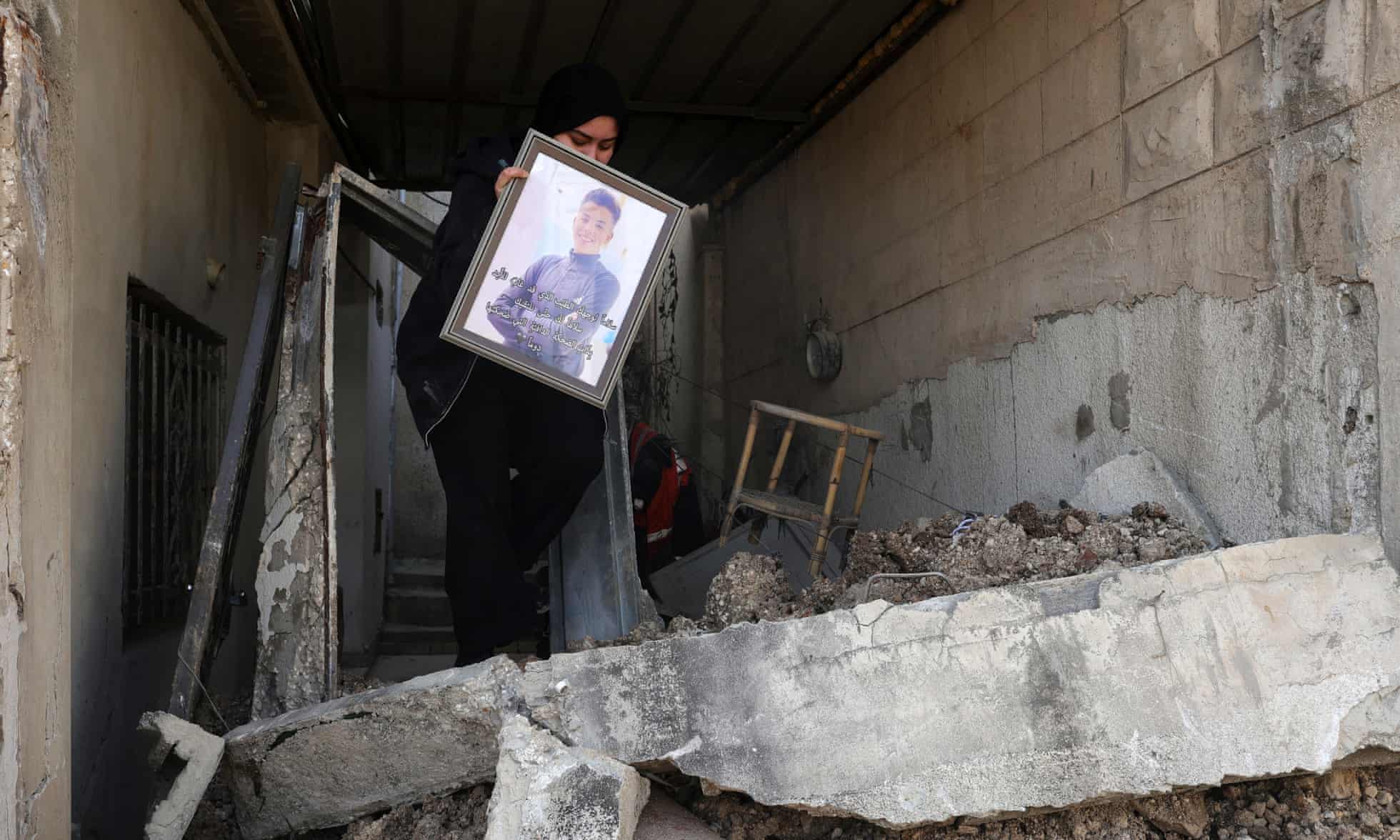In Germany it is crime to “deny, play down or justify” genocidal acts carried out by the Hitler regime. “Holocaust denial” is also a crime in France, Switzerland, Belgium, Austria, and several other European countries, as well as in Israel. Over the years many individuals have been fined, imprisoned or forced into exile for “denying the Holocaust,” including Robert Faurisson and Roger Garaudy in France, Siegfried Verbeke in Belgium, Juergen Graf and Gaston-Armand Amaudruz in Switzerland, and Ernst Zundel, Germar Rudolf, Guenter Deckert and Hans Schmidt in Germany.
In most of the world, Europe’s “denial” laws are regarded as peculiar and unjust. This was obvious after the November 2005 arrest in Austria of British historian David Irving. He was detained on the basis of an outstanding warrant for the “crime,” committed 16 years earlier, of having expressed dissident views about the wartime treatment of Europe's Jews. After a sensational trial in Vienna, he was sentenced to three years imprisonment. (He was released after 13 months.)
“Denial” laws criminalize even factual or truthful statements that “play down” the wartime treatment of Europe’s Jews, thereby violating ancient and universal standards of justice.
Justice applied selectively is not justice. It is a form of injustice. Because “denial” laws prohibit dissident views about only one chapter of history, they are inherently unfair. They inhibit historical inquiry and restrict free speech.
Free and open societies normally protect even offensive speech. That’s why western countries defend the right of their citizens to “deny, play down or justify” crimes committed by the United States, Israel or the Soviet Union, or to publish offensively anti-Christian or anti-Muslim writings.





 Amid the immense confusion surrounding the US strikes on Venezuela, the seizure of the president, Nicolás...
Amid the immense confusion surrounding the US strikes on Venezuela, the seizure of the president, Nicolás... On Monday, August 6, 1945, after six months of intense firebombing of 67 other Japanese cities,...
On Monday, August 6, 1945, after six months of intense firebombing of 67 other Japanese cities,... Later this month, on the holiday of Purim, Jewish people will dress in silly costumes, eat...
Later this month, on the holiday of Purim, Jewish people will dress in silly costumes, eat...






























